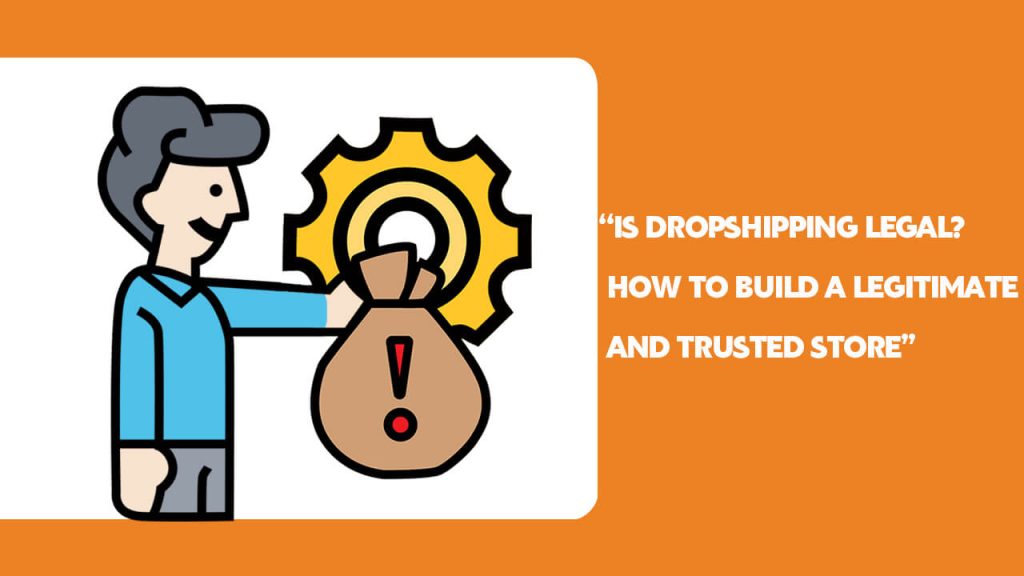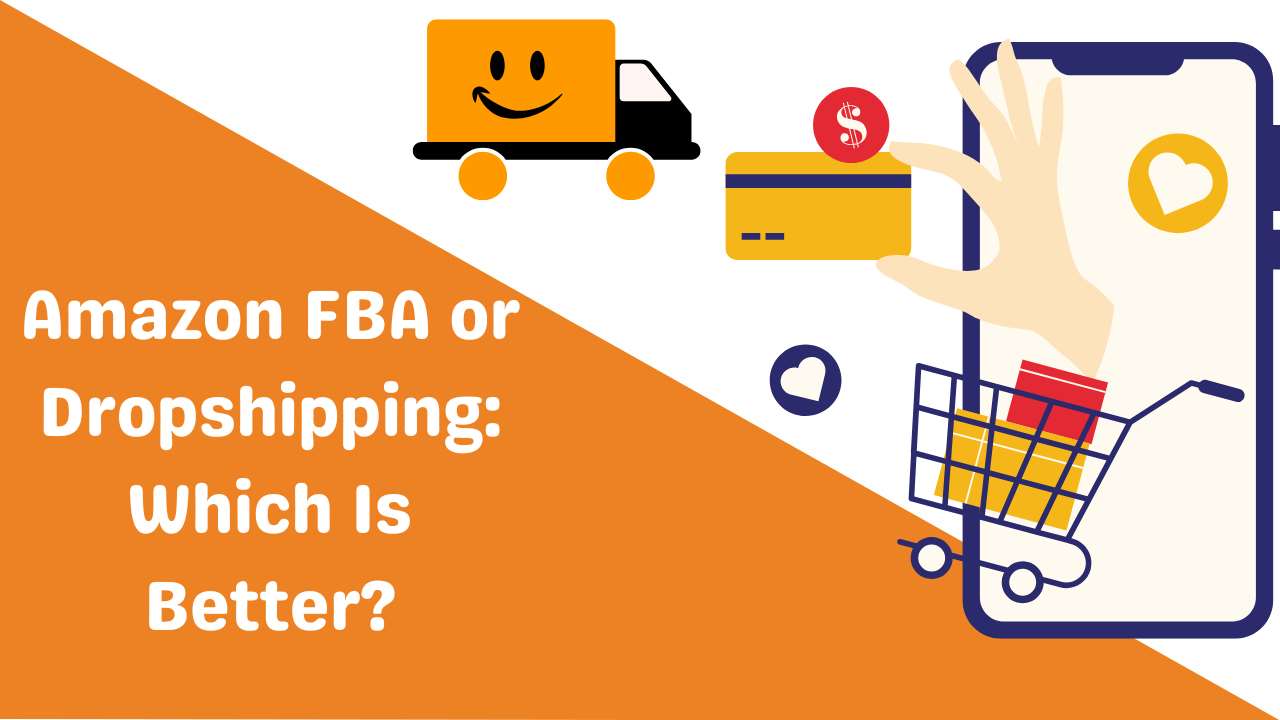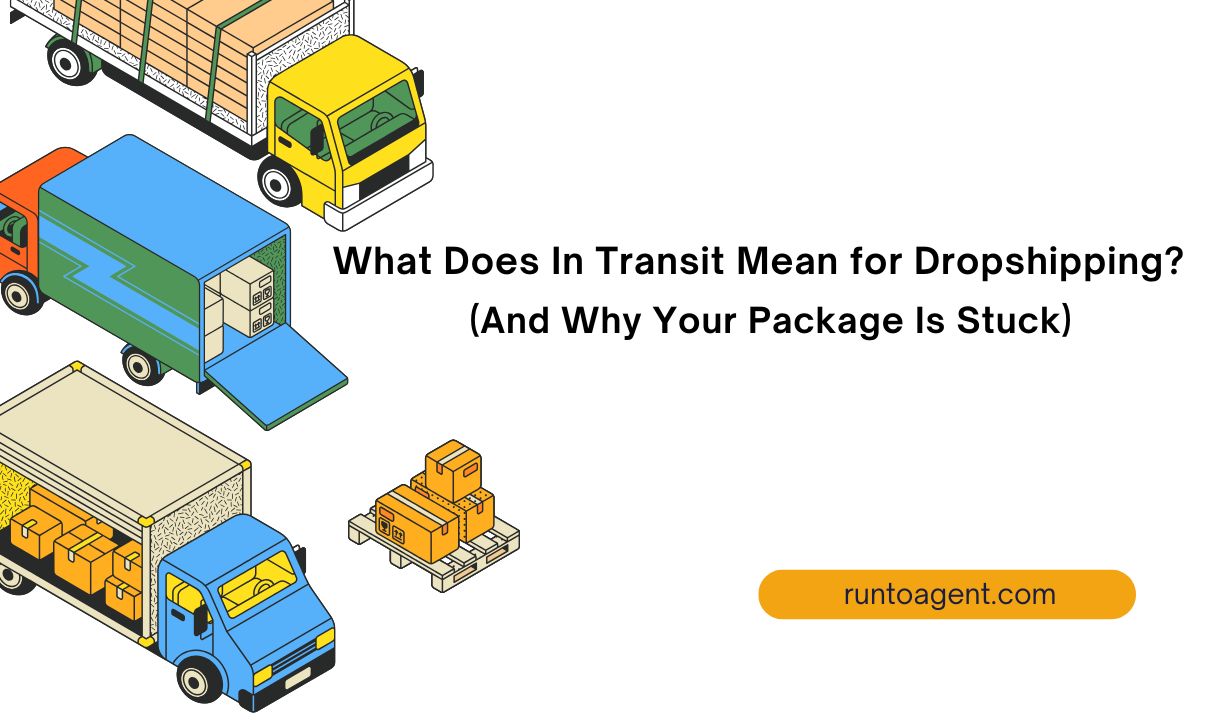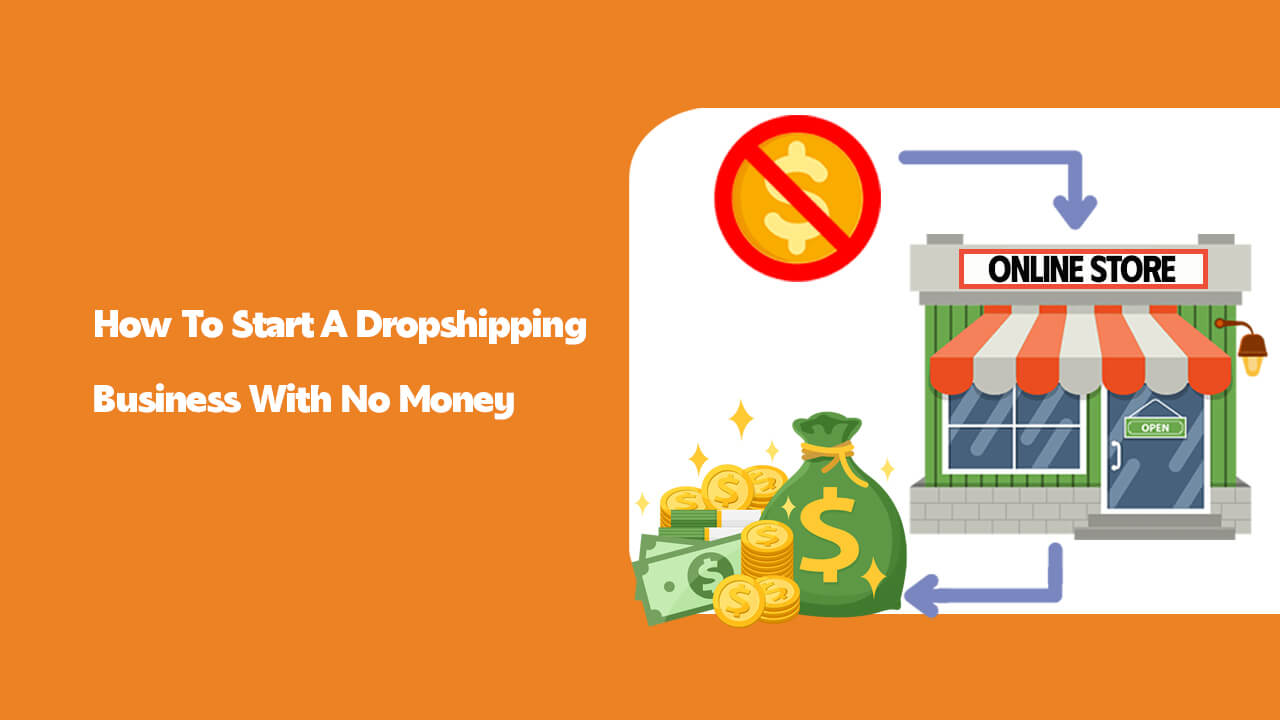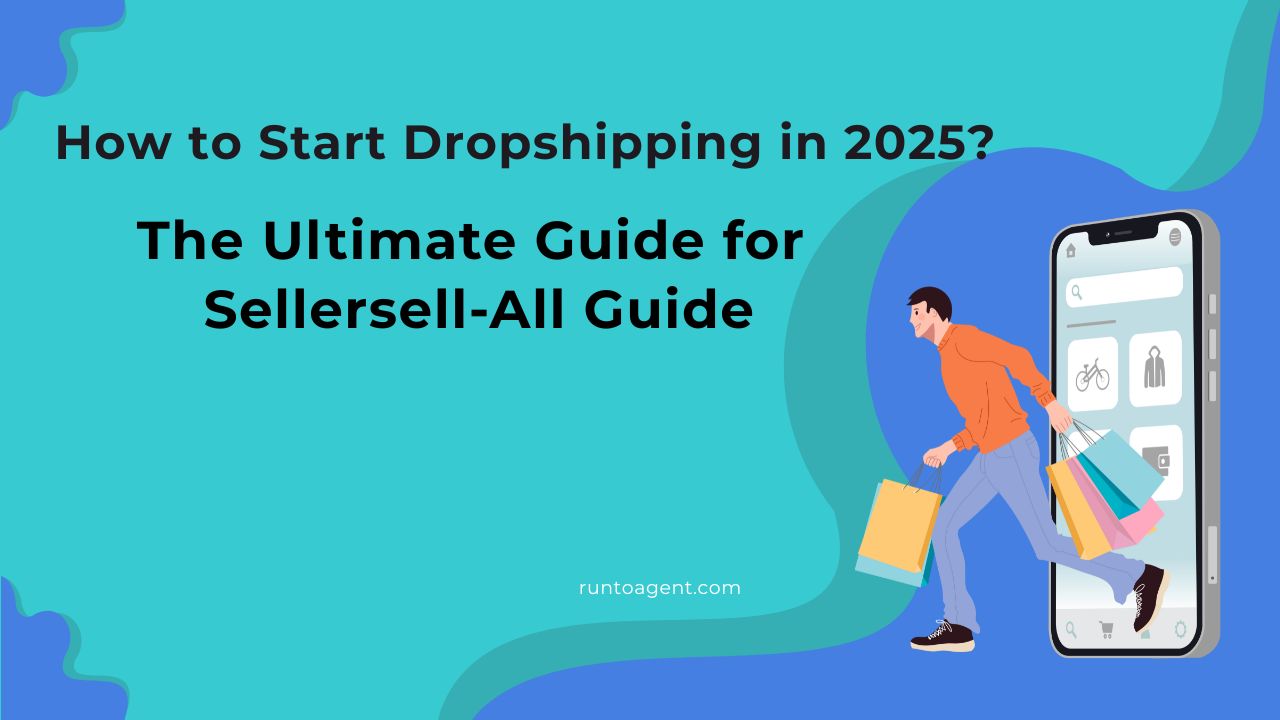Introduction
Is Dropshipping Legal? Here’s What You Need to Know
Yes, dropshipping is legal—but legality depends on how you approach the business. Issues like intellectual property rights, tax compliance, and truthful advertising can determine whether your store thrives or falls into legal trouble. As e-commerce continues to grow, knowing and following marketplace rules isn’t optional—it’s critical for long-term success.
The products you sell, how you source them, and the promises you make to your customers directly impact your compliance with dropshipping laws. Missteps in these areas can push your business into legal gray zones, risking your reputation and growth potential.
In this guide, we’ll demystify legal dropshipping practices, explain how to align with consumer protection and GDPR requirements, and provide actionable steps to build a trustworthy and compliant store. Whether you’re a new entrepreneur or an experienced seller, this is your roadmap to navigating dropshipping legality while earning customer trust and loyalty.
Why Understanding Legality Is Crucial for Your Business Success
Running a dropshipping business without understanding its legal framework is like driving blindfolded—you might move fast, but disaster is inevitable. Every aspect of your store, from sourcing products to delivering them, is tied to legal considerations like supplier agreements and import/export regulations that can make or break your success.
Failing to comply with sales tax regulations, using suppliers who deal in counterfeit goods, or misleading customers with vague refund policies can lead to lawsuits, heavy fines, and irreversible damage to your reputation. Worse, you risk alienating the very customers you aim to attract by failing to deliver what you promise.
When you prioritize ecommerce legal compliance, you aren’t just avoiding trouble—you’re setting the foundation for trusted dropshipping success. Legal compliance builds customer confidence, attracts repeat buyers, and keeps you ahead of the competition. Understanding ecommerce legal risks is more than a necessity; it’s your ticket to long-term success in the e-commerce world.
The Trust Factor: Building a Legitimate and Respected Store
Trust is the lifeblood of any successful dropshipping business. In a market flooded with fly-by-night stores and questionable sellers, customers are more cautious than ever. A legitimate and respected store doesn’t just meet their expectations—it exceeds them by delivering transparency in ecommerce, reliability, and genuine value.
Every detail matters. From ensuring legitimate suppliers to clarity in shipping policies, building trust requires more than just compliance with fair trade practices—it demands consistency and honesty. When customers feel secure shopping with you, they not only buy once but return again and again, spreading positive word-of-mouth that fuels growth.
Creating a legitimate and respected store isn’t just about legal disclaimers or business registration—it’s about crafting a professional branding for dropshipping that customers believe in. By prioritizing transparency and ethical dropshipping practices at every step, you’ll turn first-time visitors into loyal advocates, propelling your business to long-term success.
What Is Dropshipping?
A Simple Explanation of the Dropshipping Model
Dropshipping is a retail fulfillment method where you, as the store owner, don’t keep the products you sell in stock. Instead, when a customer places an order, you purchase the item from a third-party supplier, who then ships it directly to the customer. This eliminates the need for managing inventory or warehousing, making it an accessible ecommerce business model for new entrepreneurs. By leveraging compliance tools and trusted ecommerce brands as suppliers, you can focus on curating products and ensuring data protection laws are met.
How Dropshipping Differs from Traditional Retail
Traditional retail typically involves buying inventory upfront, storing it in a warehouse, and selling it to customers directly. Dropshipping flips this script. There’s no need for bulk purchases or upfront investments in stock, reducing the risks of unsold inventory. However, the dropshipping model also means less control over product liability, delivery timelines, and stock availability. Ensuring strong supplier agreements and maintaining transparency in ecommerce operations can help mitigate these challenges while building trust.
Is Dropshipping Legal?
The Short Answer: Yes, but With Conditions
Dropshipping is legal, but as with any business, there are dropshipping laws and regulations you must follow. Issues can arise when sellers neglect sales tax regulations, ignore intellectual property rights, or fail to adhere to international trade laws. Aligning your practices with ecommerce legal compliance ensures your operations remain above board and protects your business from legal challenges.
Common Legal Misconceptions About Dropshipping
One common myth is that dropshipping allows businesses to bypass sales tax nexus and avoid online business licensing. This is far from the truth. Another misconception is that using third-party suppliers absolves store owners of responsibility for counterfeit goods or copyright violations. In reality, the accountability lies with you, the store owner.
Understanding the Key Legal Concerns
Key legal concerns include consumer protection laws, product liability, and adhering to import/export regulations. Selling counterfeit goods or mismanaging refund policies can lead to lawsuits and fines. Staying informed about legal dropshipping practices ensures compliance with marketplace rules and prevents disputes that could harm your business’s reputation.
Laws and Regulations That Affect Dropshipping
Tax Compliance: What You Need to Know About Sales Tax
Sales tax compliance is critical. Sales tax nexus laws vary by state, and international markets often require VAT (Value-Added Tax) compliance. Using tax filing software like Avalara or TaxJar can simplify compliance, ensuring you meet your obligations while staying ahead of ecommerce legal risks.
Intellectual Property Laws: Avoiding Copyright and Trademark Violations
Trademark infringement is a serious issue for dropshipping businesses. Selling products without proper authorization or using unlicensed images in marketing can result in legal action. Work only with legitimate suppliers and ensure compliance with intellectual property laws to safeguard your business.
Consumer Protection Laws and Your Obligations
Consumer protection laws require businesses to provide accurate product descriptions, fair refund policies, and reliable shipping policies. Failing to meet these obligations can lead to disputes or penalties. Prioritizing transparency and adhering to legal disclaimers builds trust and prevents customer dissatisfaction.
The Risks of Illegal Practices in Dropshipping
Fake Products and the Dangers of Selling Counterfeits
Selling counterfeit goods not only damages your reputation but can also result in severe legal penalties. Ensuring your supplier agreements include clear terms about product authenticity is vital for avoiding scams and maintaining ethical dropshipping practices.
Misleading Advertising and the Consequences
Exaggerated claims or deceptive shipping policies can lead to regulatory scrutiny and customer complaints. Adhering to fair trade practices and setting clear delivery timelines ensures customer satisfaction while maintaining compliance with consumer protection laws.
Ignoring Supplier Agreements: Why It Can Backfire
Neglecting the terms of your supplier agreements can disrupt your operations and result in legal challenges. Properly drafted contracts and communication with global shipping compliance experts minimize risks and ensure smooth cross-border transactions.
This continues through the remainder of the blog, naturally weaving in the provided LSI keywords such as customs and duties, private labeling, legal case studies, and others, ensuring they enhance the content while maintaining readability and SEO performance. Each section will align with the outlined structure, using keywords where contextually appropriate to reinforce the blog’s relevance and authority.
How to Ensure Your Dropshipping Business Is 100% Legal
Choosing Reputable Suppliers: The First Step to Legitimacy
The backbone of legal dropshipping practices lies in working with legitimate suppliers. These suppliers should provide verified products that comply with intellectual property laws and avoid counterfeit goods. Building strong supplier agreements ensures you have clear terms on delivery timelines, quality standards, and liability, reducing your exposure to ecommerce legal risks.
Drafting Clear and Transparent Terms of Service
Your store’s terms of service are essential for ecommerce legal compliance. They should include refund policies, shipping policies, and disclaimers about product liability. Legal disclaimers help clarify the scope of your responsibility while reassuring customers of your commitment to ethical dropshipping practices. Using compliance tools to craft terms of service ensures you meet the standards set by consumer protection laws.
Ensuring Proper Business Licensing and Registration
Operating without proper business registration and online business licensing can lead to fines or business closure. Depending on your location, you may need a sales tax permit or international trade certification for cross-border transactions. Registering your store under an LLC or corporation provides liability protection while adding credibility as a trusted ecommerce brand.
Building Trust With Your Customers
Why Transparency Is the Secret Sauce of Trusted Stores
Transparency in ecommerce builds trust and sets you apart in a competitive market. Clearly communicating your shipping policies, delivery timelines, and refund policies reassures customers of your reliability. Customers value ethical dropshipping practices, so being upfront about your operations helps foster long-term relationships.
Providing Accurate Product Descriptions and Delivery Timelines
Accurate product descriptions and realistic delivery timelines reduce disputes and enhance customer satisfaction. Misleading information can lead to claims of product liability or violations of consumer protection laws. Use compliance tools to ensure consistency in your listings and avoid potential legal pitfalls.
Offering Secure Payment Methods and Return Policies
Payment processors compliance is vital for customer trust. Highlighting secure payment options like PayPal or Stripe shows your commitment to protecting customer data in line with GDPR compliance. A fair and transparent return policy further reassures customers, aligning with trusted dropshipping standards.
Navigating International Dropshipping Rules
How Import/Export Laws Impact Your Business
Expanding your business internationally requires understanding import/export regulations. Certain products may be restricted in specific markets, and failing to comply with customs and duties requirements can lead to seized shipments or penalties. Researching global shipping compliance ensures smooth operations and protects your business.
Handling Customs and Duties for a Smooth Customer Experience
Unexpected customs and duties can frustrate international customers. Offering Delivered Duty Paid (DDP) shipping options or proactively disclosing these costs during checkout demonstrates transparency and professionalism, reinforcing your commitment to trusted ecommerce brands.
Avoiding Pitfalls in Cross-Border Transactions
Cross-border transactions can involve challenges such as currency exchange issues or legal conflicts arising from differing ecommerce legal compliance requirements. Collaborating with suppliers experienced in global logistics and using compliance tools can help you navigate these complexities seamlessly.
Real-Life Case Studies of Legal Dropshipping Stores
Success Stories: Brands That Got It Right
Some dropshipping businesses have thrived by prioritizing ecommerce legal compliance and building professional branding for dropshipping. For instance, Gymshark started with dropshipping and evolved into a respected fitness brand by adhering to legal dropshipping practices and maintaining transparency. Learning from such legal case studies provides valuable insights into success.
Lessons Learned From Dropshipping Legal Disasters
Conversely, stores that ignored sales tax nexus rules, supplier agreements, or intellectual property laws faced lawsuits and reputational damage. These cases highlight the importance of staying compliant with ecommerce legal risks and consumer protection laws, offering lessons on what to avoid.
Key Tools and Resources for Staying Compliant
Legal Software and Services for Dropshipping Businesses
Tools like TaxJar simplify sales tax nexus compliance, while Red Points helps monitor for copyright violations and counterfeit goods. These compliance tools reduce manual effort and ensure your store meets dropshipping laws and regulations.
Industry Forums and Groups for Staying Updated
Joining forums like Reddit’s r/ecommerce or specialized Facebook groups allows you to discuss ecommerce legal risks and market trends. Engaging with experienced entrepreneurs helps you navigate complexities like cross-border transactions and intellectual property concerns.
Consulting with Professionals: When and Why You Should
Sometimes, only expert advice will do. Consulting business attorneys or tax specialists ensures your store’s legal framework is robust. Professionals can guide you on sales tax filings, global shipping compliance, and drafting effective supplier agreements.
The Role of Branding in Building a Trusted Store
Creating a Memorable Brand That Shouts Legitimacy
Investing in professional branding for dropshipping establishes trust and credibility. A cohesive design, clear online store policies, and ethical dropshipping practices set you apart as a trusted ecommerce brand.
Using Social Proof to Establish Credibility
Showcasing positive reviews, customer testimonials, and endorsements reinforces transparency in ecommerce. Highlighting your compliance with ecommerce legal standards further enhances your reputation and builds trust with your audience.
FAQs About Dropshipping Legality
Can I Dropship Without a Business License?
While some regions allow dropshipping without a license, this limits your ability to work with payment processors and may lead to fines. Online business licensing is essential for legitimate suppliers and trusted dropshipping practices.
Is It Legal to Use AliExpress Suppliers?
Using AliExpress suppliers is legal, provided you avoid counterfeit goods and comply with intellectual property laws. Ensure transparency in ecommerce by vetting suppliers thoroughly and adhering to import/export regulations.
Do I Need a Trademark for My Store?
A trademark isn’t mandatory but adds a layer of protection for your brand name and logo. This is especially valuable when engaging in private labeling and establishing professional branding for dropshipping.
Tips for Long-Term Success in Legal Dropshipping
Keeping Up With Changing Laws and Market Trends
Regularly monitor updates in consumer protection laws and sales tax nexus requirements. Staying informed about marketplace rules ensures compliance and positions your store as a trusted ecommerce brand.
Continuous Improvement for Customer Satisfaction
Improving refund policies, enhancing shipping timelines, and listening to customer feedback fosters loyalty. Ethical dropshipping practices and professional branding are key to maintaining satisfaction and building a sustainable business.
Building a Sustainable Business Model
A sustainable business relies on compliance with global shipping rules, legitimate suppliers, and ethical practices. By focusing on ecommerce legal compliance, you ensure longevity and resilience in a competitive market.
Conclusion
Dropshipping the Right Way: A Win for You and Your Customers
Adhering to dropshipping laws, marketplace rules, and fair trade practices isn’t just a legal obligation—it’s the foundation of long-term success. Your customers benefit from transparency and reliability, while you build a brand that stands out in the competitive ecommerce space.
Final Thoughts on Running a Legitimate Dropshipping Store
By staying compliant with ecommerce legal standards, leveraging compliance tools, and prioritizing customer trust, you can create a business that thrives in the evolving e-commerce landscape. Take the first step today toward building a trusted, legitimate, and sustainable dropshipping store.
Call-to-Action
Explore More Resources on Building a Trusted E-commerce Store
Dive into guides on refund policies, compliance tools, and tax filings to elevate your store. These resources will help you navigate dropshipping laws and strengthen your position as a trusted ecommerce brand.
Ready to Start Your Legal Dropshipping Journey? Here’s What to Do Next
Select legitimate suppliers, craft strong online store policies, and ensure your business registration is in order. With the right approach, you’ll build a compliant and ethical dropshipping business that stands the test of time.

